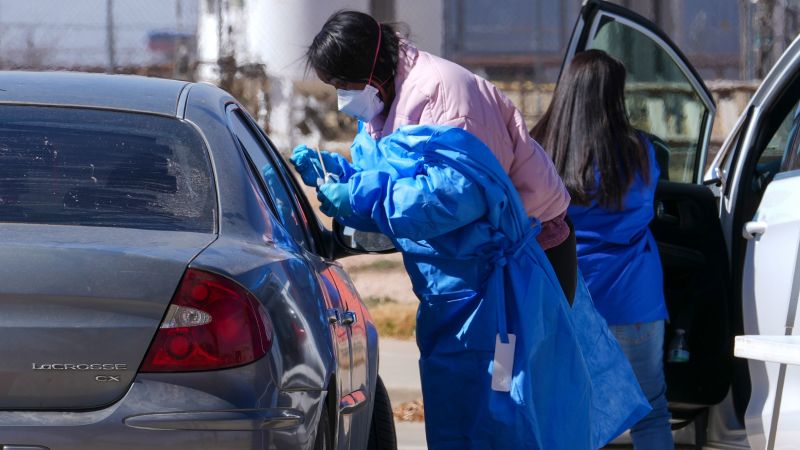The recent outbreak of measles in West Texas has become a significant health concern, prompting the Texas Department of Health Services to release an urgent update regarding the situation. As of the latest report, there have been a total of one hundred forty-six confirmed cases of measles in the region. This figure marks an increase of twenty-two cases since the previous update on Tuesday, when one hundred twenty-four cases were recorded. The escalation in reported cases highlights the potential for further spread of this highly contagious virus and raises alarms about public health measures in place.
Among those affected, twenty patients have been hospitalized due to complications arising from the illness. The majority of cases are concentrated in children between the ages of five and seventeen. This demographic is particularly vulnerable, as many have not been vaccinated against measles, underscoring the importance of immunization in controlling the spread of preventable diseases. Health officials are urging parents to ensure that their children are fully vaccinated to protect them and the community at large from outbreaks like this one.
Gaines County is identified as the epicenter of the outbreak, with a staggering ninety-eight of the one hundred forty-six cases reported in this particular area. The geographic concentration of cases raises questions about local health practices and the effectiveness of vaccination campaigns. There is a pressing need for health authorities to engage with residents to promote awareness about the importance of vaccines, especially given that most cases involve individuals who are unvaccinated or whose vaccination status is unknown.
Interestingly, even in this outbreak, there have been instances of vaccinated individuals contracting the virus, with five such cases documented. This phenomenon may perhaps point to the need for further research into vaccine efficacy against particular strains of the virus, as well as a reminder that while vaccines dramatically reduce the risk of serious illness, they may not offer absolute protection in every case.
The seriousness of the outbreak has been further underscored by the unfortunate announcement concerning the first death related to measles in the United States in a decade. This tragic event involved a school-aged child who was unvaccinated and had been hospitalized in Lubbock. This incident serves as a grim reminder of the potential consequences of vaccine hesitancy and emphasizes the need for public health initiatives aimed at combating misinformation about vaccinations.
The current outbreak in West Texas is not just a local issue but a reflection of ongoing challenges faced by health systems across the country regarding vaccine misinformation and declining vaccination rates. Public health officials are now confronted with not only controlling the outbreak but also addressing the larger societal issues that contribute to vaccine hesitancy among parents and communities. Strategies to combat misinformation and promote positive health behavior are essential as authorities navigate this complex landscape to safeguard public health.
In conclusion, the ongoing measles outbreak in West Texas, marked by one hundred forty-six confirmed cases, including a tragic death, marks a crucial moment for the community and public health officials. With the majority of cases found in unvaccinated children and a significant concentration of cases in Gaines County, there is a clear need for immediate action to address the outbreak while also bolstering vaccination efforts in the community. Through increased awareness, effective communication, and a commitment to scientific facts about vaccines, there is hope for controlling this outbreak and preventing future instances of vaccine-preventable diseases.












